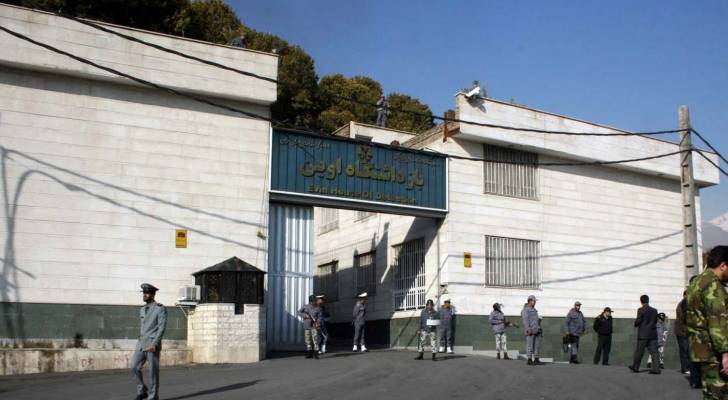Evin Prison (Credit: Flickr)
Iran relocates Evin prison inmates following 'Israeli' strike
Iranian authorities have relocated inmates from Tehran’s Evin prison following damage caused by 'Israeli' strikes, the country’s judiciary confirmed on Tuesday.
According to a statement published by Mizan Online, the official news outlet of the judiciary, the prison authority moved detainees to other correctional facilities within Tehran province. The measure was described as a precaution aimed at protecting prisoners and facilitating emergency operations.
"The prison authority transferred the inmates who were serving their sentences in this prison (Evin) to other facilities within Tehran province... to safeguard the rights of the prisoners and to provide space for emergency response teams," the statement said.
Read more: VIDEO: 'Israeli' strike targets Iran’s Evin Prison
Iran's judiciary has confirmed that 'Israeli' missile strikes on Monday damaged parts of Tehran’s notorious Evin prison, a facility long known for housing political prisoners, activists, and dual nationals accused of state-related offenses.
“In the latest attack by the Zionist regime on Tehran, projectiles unfortunately struck Evin prison, causing damage to parts of the facility,” read a statement from Mizan Online, the official news outlet of Iran’s judiciary.
While authorities did not provide details on the extent of the damage or whether there were casualties, the report noted that emergency teams were swiftly deployed to contain the situation. The statement assured the public that all resources had been mobilized and that the situation remained “under control.”
Evin Prison, located in the northern Evin neighborhood of Tehran, was built in 1972 and has gained international notoriety since the 1979 Islamic Revolution. Often cited in human rights reports, the facility has become a symbol of the Islamic Republic's crackdown on dissent. It is regularly used to detain journalists, political dissidents, human rights defenders, and foreign nationals accused of espionage or anti-state activity.




